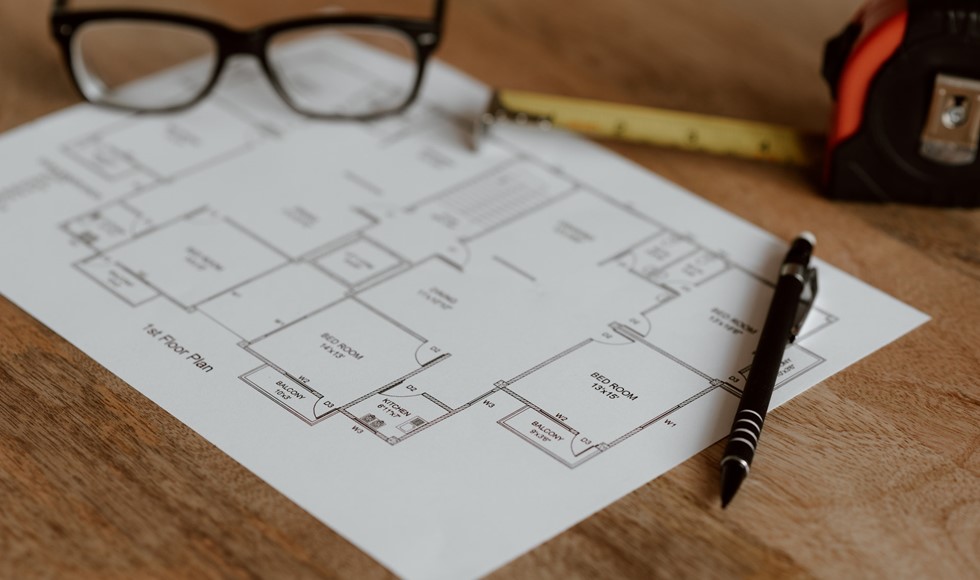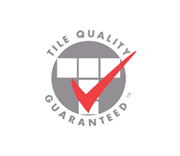
When renovating, firstly, before you make the final decision to forge ahead and renovate, it's vitally important to consider your budget and available funds to complete the project and also, at the outcome, to research any consents needed in order to avoid surprises. In this post, we explore some key elements to consider when renovating!

1 Do your research. In order to be able to stick to a renovation budget, it is important to ensure you have a realistic budget in place. You’ll need to do some research into the cost of materials and products, as well as the cost of labour. Doing this research will allow you to estimate the cost of your renovation, which will help you make an informed decision as to whether this is something you can feasibly afford at this point in time.
Also, do research on tradesmen. Hire based on reputation and don't be afraid to ask for references, licenses and to see past projects.
2 Get quotes! Research is an important part of estimating your budget – but don’t leave it at a guess. Work with trade professionals who will provide you with a written quote – this will give you a solid cost for all aspects of your renovation. When sourcing quotes make sure you get at least three quotes from separate businesses – this will help to ensure you are getting a fair market price.
3 Add a buffer. Make sure you add a buffer, generally known as a contingency, to your budget as too often renovation costs more than expected. Adding between 10 and 20% is recommended pays for unforeseen costs such as structural issues, or groundwork. This will help you to stay within your estimated cost bracket, even in the event that things go a little haywire.
4 Track your costs. Keep an updated spreadsheet of your invoices and receipts. This will help you stay in control of your outgoing costs and you will be less likely to be tempted into splurging on something that you don’t need. When you can see all of your expenses right in front of you, you’re much less likely to blow your renovation budget.
5. Make a timeline plan and ensure everyone involved in the project sticks to it. overview of what is going to happen when, and who is going to do the work. Each contractor needs to be scheduled so they are on site at the right stage of the project.
6. Stick to the plan. Once you have started your renovation stick to what you originally agreed upon. Changing the plan often leads to delays, money being spent on extra materials, and extra labour time. Deviating from your plan more often than not causes significant impacts to your budget, so it’s important to know where to draw the line during changes to your renovation
Handy Tip: Keep costs down by mixing new or high-end goods with cheaper or second-hand finds. You can often save on furniture, appliances, and whitegoods. Ask stores about their floor stock and factory seconds; they often have small dents or markings, which can easily be hidden, and a big marked-down price.

- Budget
Take some time upfront to work out what your maximum spend is taking into account your savings, income, and factor in the increase in dollar return if you're selling, once you've renovated. We talk about this further on. It's important to consider also that unless you're planning to stay in your house for a very long time, avoid over-spending meaning 'overcapitalising', and spending more on your house than what it is worth in return sales value.
Once you know how much you can spend, try to get an idea of what your plans might cost. Talk to people who have done similar work, check out online tools or have an informal chat with a builder. Costs for renovation and building projects can vary hugely, depending on where you live and the materials and fixtures you use.
You will need to factor in costs for:
- Labour of builders and other tradespeople
- Building materials
- Fixtures & any new appliances
- Insurance to cover renovation work
- Contingency
- Alternative accommodation if needed.
As a very rough guide, building projects in NZ average around $2,000 to $2,500 per square metre, though this varies hugely depending on where you live in NZ, the size and type of project, and the materials and fixtures you use.
Source: Govt NZ Feb 2021
Handy Tip: Asked your builder for a fixed-price contract. Sometimes this can be more than than a standard contract because they are taking the risk of build overspend or delays. However, it can be worth paying extra upfront so you can better manage your budget.
- Consents
Before any project begins, you should check whether it requires building consent. A full set of guidance about what projects may or may not require a building consent, and the rules that must be followed, is available online. CLICK HERE to research further.
Regardless of whether your project needs building consent or not, you should phone your council to see whether you need resource consent, and check whether there are any restrictions on what you can do with your property, such as:
- there are land covenants on the title, you might be restricted with what you can build on the site
- you have a cross-lease title, you'll need to get formal approval from your neighbours before making any exterior structural changes
- you have a heritage-listed building, there'll be a strict process and rules you have to follow
- you own an apartment, your body corporate will have rules around what you can and can't do, and the process to follow for different types of renovations
- you have council property, eg a drain, running through your land — this is called an easement.
Source: Govt NZ
Handy Tip: Don't move plumbing! Make a major saving simply by sticking with your original plumbing points. Speak with a qualified plumber who will be able to advise you on how to make the most of your current layout.
The bottom line to remember when renovating for profit at selling time is that you're selling a lifestyle - so help prospective buyers imagine themselves living in your home.

If you would like to discuss your project further, we can assist.
Contact one of our 32 Stores or discuss with one of our Commercial Representatives.
Tile Warehouse - Making Design & Selection Easy - from the Floor up!












